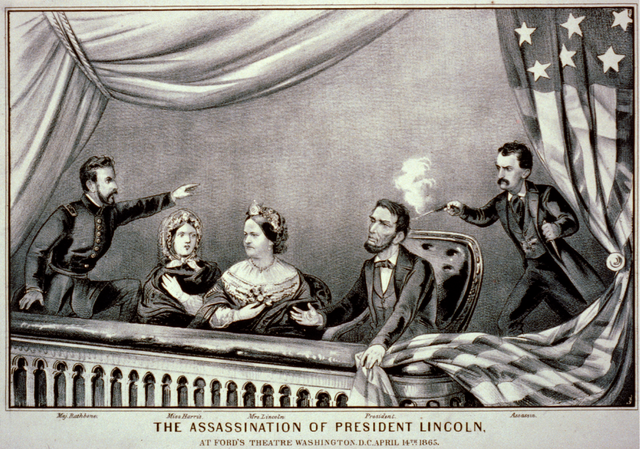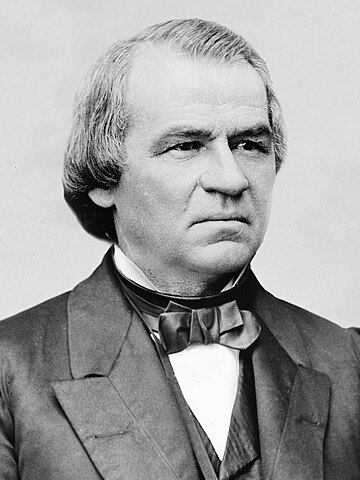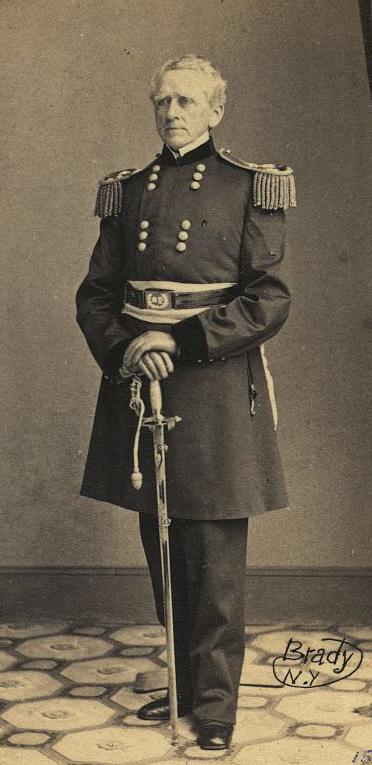“Love one another.”
- Last words of William Seward, 1872
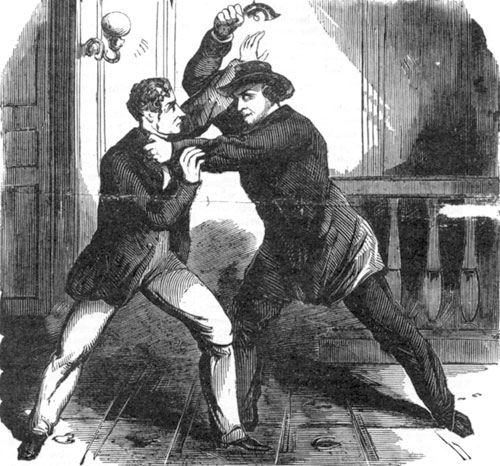
Lincoln Shot, Seward Killed!
In some form or another, that was the headline of every newspaper in the days following Friday, April 14. As the fires of the Civil War died, so did its champion. Abraham Lincoln died from an assassin's bullet, the first victim of a conspiracy to topple the government. His Secretary of State, William Seward, became the second.
The conspiracy, today called the Good Friday Plot, was headed by John Wilkes Booth, a well-known and talented actor. He was accompanied by Lewis Powell and David Herold, who were Seward’s killers, and George Atzerodt, who was supposed to kill Andrew Johnson. Atzerodt lost his nerve and got drunk instead.
The murder of William Seward was definitely the more gruesome of the two. The man was bedridden after a carriage incident on April 5. On the night of his death, he was restricted to his home in Lafayette Park, near the White House. David Herold guided Lewis Powell to this building. Powell pretended to be bringing medicine to Seward and insisted he be the one to bring it.
Powell was stopped at the top of the stairs by Seward's son, Frederick. Fred demanded the medicine be handed over to him. Powell then lunged at him and stabbed, with the butler William Bell crying, "Murder! Murder!" before running away.
Seward's daughter Fanny was in Seward's room and heard the commotion. She poked her head out the door and said, "Fred, Father is awake now." Now Powell knew where the Secretary of State lay. He shot Fred point-blank. As Frederick fell over, Powell burst into Seward’s room. He stabbed Fanny and shoved her to the side and fired two shots in quick succession into William Seward. The first bullet hit Seward in the head. The second hit his neck brace. Before Powell could do anything else, Private George Robinson tackled the assassin. Robinson was with Seward as an assistant and a guard. They wrestled as Robinson reached for his gun.
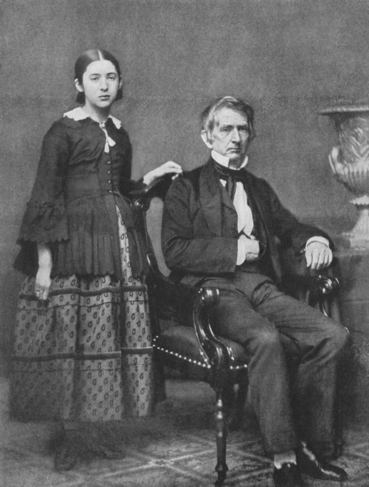
Fanny and William Seward, 1861
Woken by the gunshots, Augustus Seward ran into the room. He worked with Robinson and Fanny, trying to subjugate Powell. Augustus managed to grab Lewis's gun and clubbed him with it. Powell ran away and leaped down the staircase, landing on his ankle sideways. Outside, David Herold had fled when he heard screams. Pvt. Robinson kept Powell down while Fanny went to get help. Augustus hurried to his brother and father.
Both were dead at the scene.
